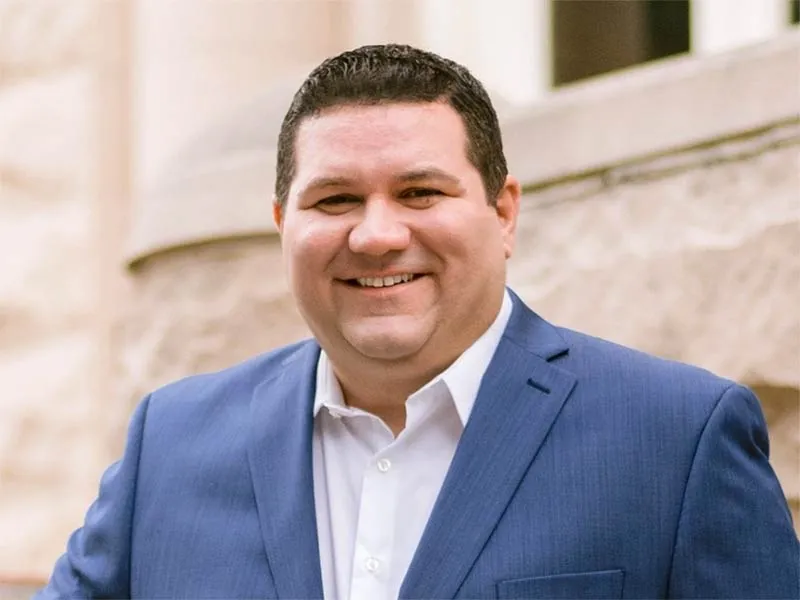
Until 2019 only three U.S. presidents had faced impeachment—Andrew Johnson in 1868 and Bill Clinton in 1998, both impeached by the House of Representatives, and Richard Nixon who resigned before he could be impeached in 1974. Johnson was impeached for abuses of power stemming from political appointments, Clinton was impeached for lying while under judicial oath in a deposition, and Nixon faced impeachment for attempting to conceal a break-in of the Democratic National Committee headquarters at the Watergate in a plot designed to help Nixon remain in office.
On December 18, 2019, the House voted to impeach Donald Trump for two crimes: Abuse of Power (when Trump and his team withheld congressionally appropriated funds from Ukraine to elicit an investigation into one of Trump’s political rivals, Joe Biden); and Contempt of Congress (for stonewalling congressional oversight requests for evidence and testimony from his executive team in the Ukraine matter).
With Chief Justice John Roberts robed and presiding, a short “trial” took place in the Senate with Rep. Adam Schiff (D-CA) taking a leading role among the House Impeachment Managers. After fierce opening statements, the Senate voted to forego a review of the evidence, declined to hear testimony from witnesses, and move directly to closing statements.
Just last week, on February 5, 2020, Trump was acquitted in the Senate with a 48–52 vote on Abuse of Power, and 47–53 on Contempt of Congress, in a vote nearly along party lines. Sen. Mitt Romney was the only senator—and the first senator in U.S. history—to cross party lines by voting to convict the president on the abuse charge.
The impeachment saga provides a unique teaching opportunity in all our political science classes at Tulane: readings and discussions about checks and balances, study and debate about the nuances of criminal law in American courts, gaming out the electoral implications for 2020, and reflecting on the role of political parties, the traditional news media and newer online spaces, and most especially, about legislative-versus-executive power. Organizations like Tulane College Democrats and Phi Alpha Delta (Tulane’s pre-law fraternity) have their members discussing Trump, election interference, the legalities of impeachment, and the role of students-as-voters in righting political wrongdoing.
For better or worse, we have never had a president like Donald Trump. Putting him into context for our bright students at Tulane is an ongoing project that has many faculty members like me reaching for the political rule book…if only to throw it away. The School of Liberal Arts Department of Political Science is also placing Trump’s presidency in a broader context. The scholarly literature on ethics, morality, and political power we discuss in our comparative politics, international relations, development, theory, and political economy courses crosses national borders, and centuries of time.
Scholars and students are weighing if the stain of House impeachment will make Trump a one-term president, or if Senate acquittal gives Trump an easier path to victory and a second term. Are Trumpian politics here to stay? Will a second-term Trump be impeached again—perhaps because of bolder executive malfeasance?
We will learn soon. Voters go to the polls on November 3, 2020.
Scott N. Nolan is a professor in the School of Liberal Arts Department of Political Science. Nolan teaches courses in American Government; Courts and Politics; Criminal Justice; Crime Policing and Criminal Courts; Constitutional Law; Race, Sex, and Power; LGBTQ Politics; and Methods of Research.

